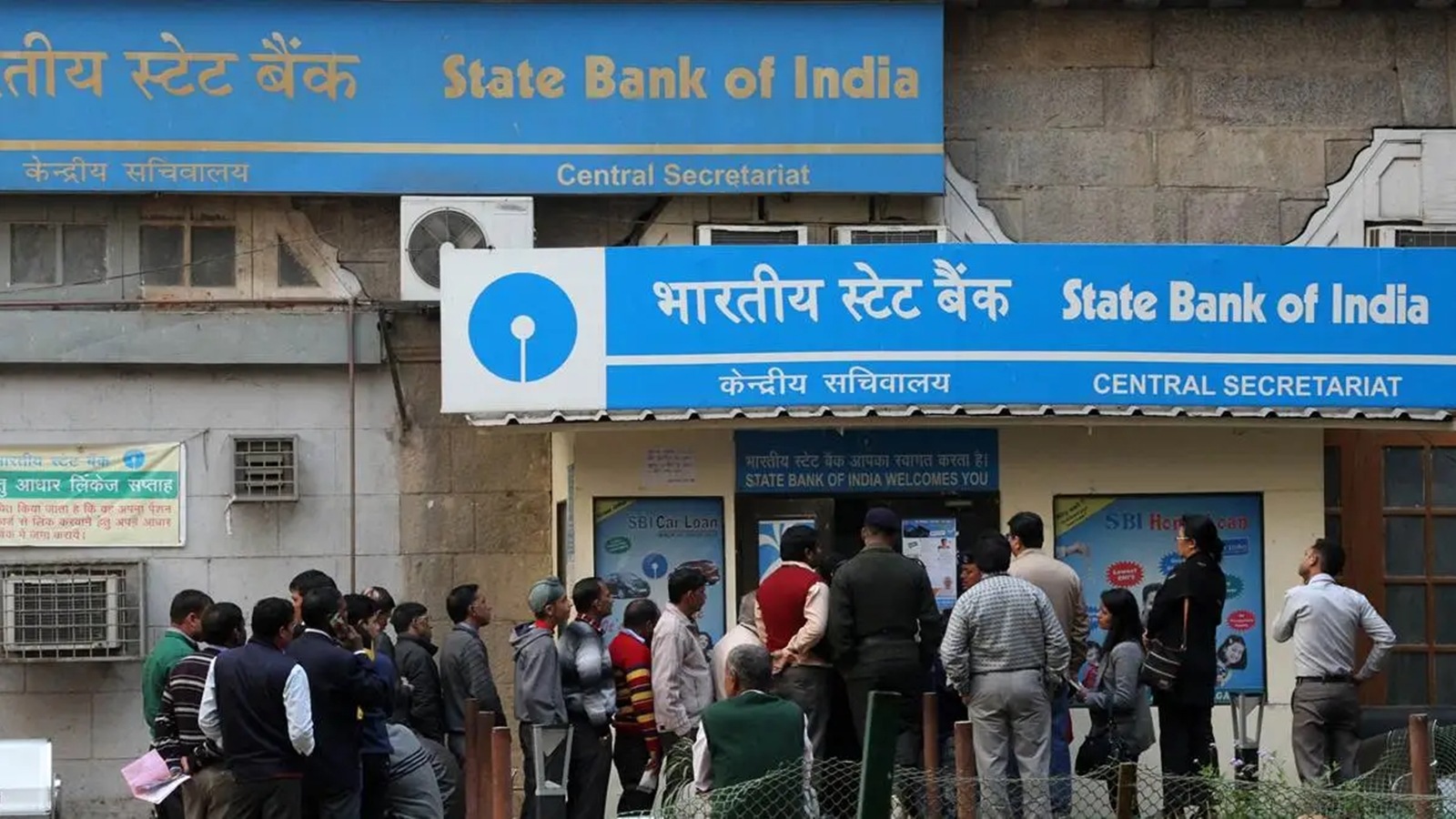CALLING IT a “time consuming exercise”, the State Bank of India (SBI) on Monday asked the Supreme Court to extend the deadline for submitting details on purchase of electoral bonds to the Election Commission of India (ECI) to June 30. The Lok Sabha election process would be over by then.

In its application to the SC on Monday, the SBI said it “intends to comply in full, with the directions issued” by the court. “However, there are certain practical difficulties with the decoding exercise and the timeline fixed for it… due to the stringent measures undertaken to ensure that the identity of the donors was kept anonymous,” it said, adding that “matching of the donor to the donations made would be a complex process”.
The bank said that “as per the gazette notification” of January 2, 2018, “whereby the central government framed the Electoral Bond Scheme 2018, it was categorically provided under Clause 7 (4)” that “the information furnished by the buyer shall be treated as confidential by the authorised bank and shall not be disclosed to any authority for any purpose, except when demanded by a competent court or upon registration of criminal case by any law enforcement agency.”
“In order to protect the donors’ anonymity and to maintain confidentiality/secrecy”, the bank “has laid down a detailed standard operating procedure for 29 authorised branches, spread all over India, with regard to sale and redemption of electoral bonds,” it said.
“Section 7.1.2 of the said SOP categorically provided that no details of bond purchaser including KYC and other details will be entered in CBS (core banking system),” it said. “Details of purchases made at the branches are not maintained centrally at any one place, such as the name of purchaser/ donor which could be tallied with date of issue, place of issue (branch), denomination of bond, bond number,” the bank said.
“To ensure that donors’ anonymity would be protected… data related to the issuance of the bond and the data related to the redemption of the bond was kept recorded in two different silos… (and) no central database was maintained,” it said.
Story continues below this ad
“Donor details were kept in a sealed cover at the designated branches and all such sealed covers were deposited in the main branch of the applicant bank, which is located in Mumbai,” it said.
“Each political party was required to maintain a designated account in any of the 29 authorised branches. It was only in this account that electoral bonds received by that party could be deposited and redeemed. At the time of redemption, the original bond, the pay-in slip would be stored in a sealed cover and sent to the SBI Mumbai main branch,” it said.
“It can thus be noted that both sets of information were being stored independently of each other. Thus, to re-match them would be a task requiring significant amount of effort. In order to make available donor information, the date of issue of each bond will have to be checked and matched against the date of purchase by a particular donor. This exercise would only deal with the first silo of information. These bonds were redeemed by the political parties in their designated bank accounts. Accordingly, this information would then have to be matched against the bond redemption information that makes up the second silo,” it said.
“The retrieval of information from each silo and the procedure of matching the information of one silo to that of the other would be a time consuming exercise. The details are stored separately, some of the details such as number of bonds etc, are stored digitally while the other set of details such as name of purchaser, KYC etc., are stored physically. The purpose of not storing all details digitally was to ensure that it cannot be gathered easily to achieve the object of the scheme,” SBI said.
Story continues below this ad
Stating that “22,217 electoral bonds were used for making donations to various political parties”, the bank said: “Redeemed bonds were deposited in Mumbai main branch by the authorised branches at the end of each phase in sealed envelopes. Coupled with the fact that two different information silos existed, this would mean that a total of 44,434 information sets would have to be decoded, compiled and compared”.
“It is therefore respectfully submitted that the timeline of three weeks fixed by the court in its judgement dated 15.02.2024 would not be sufficient for the entire exercise to be completed. Therefore, an extension of time may kindly be granted by this Hon’ble Court in order to enable the SBI to comply with the judgment,” it said.









